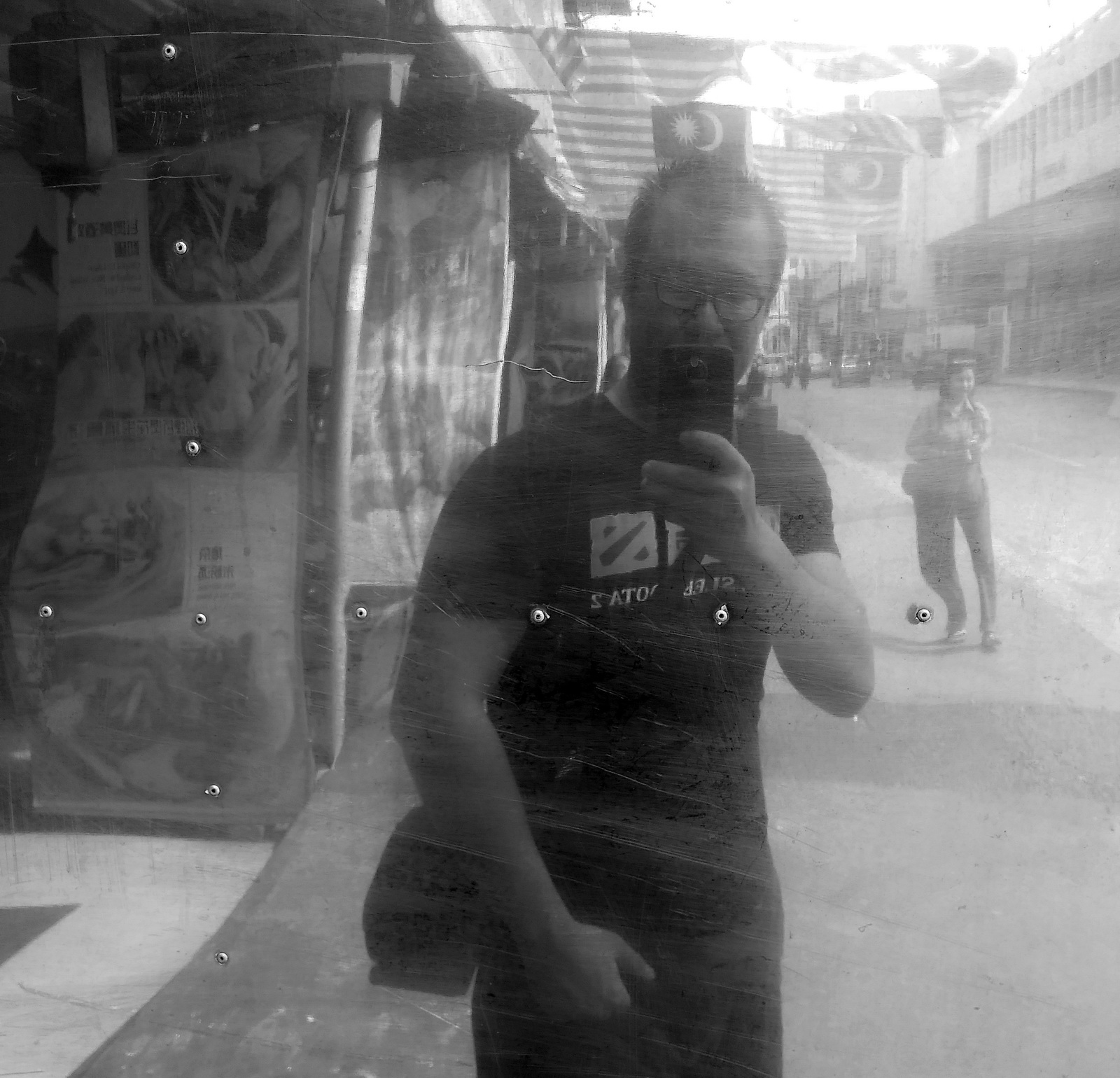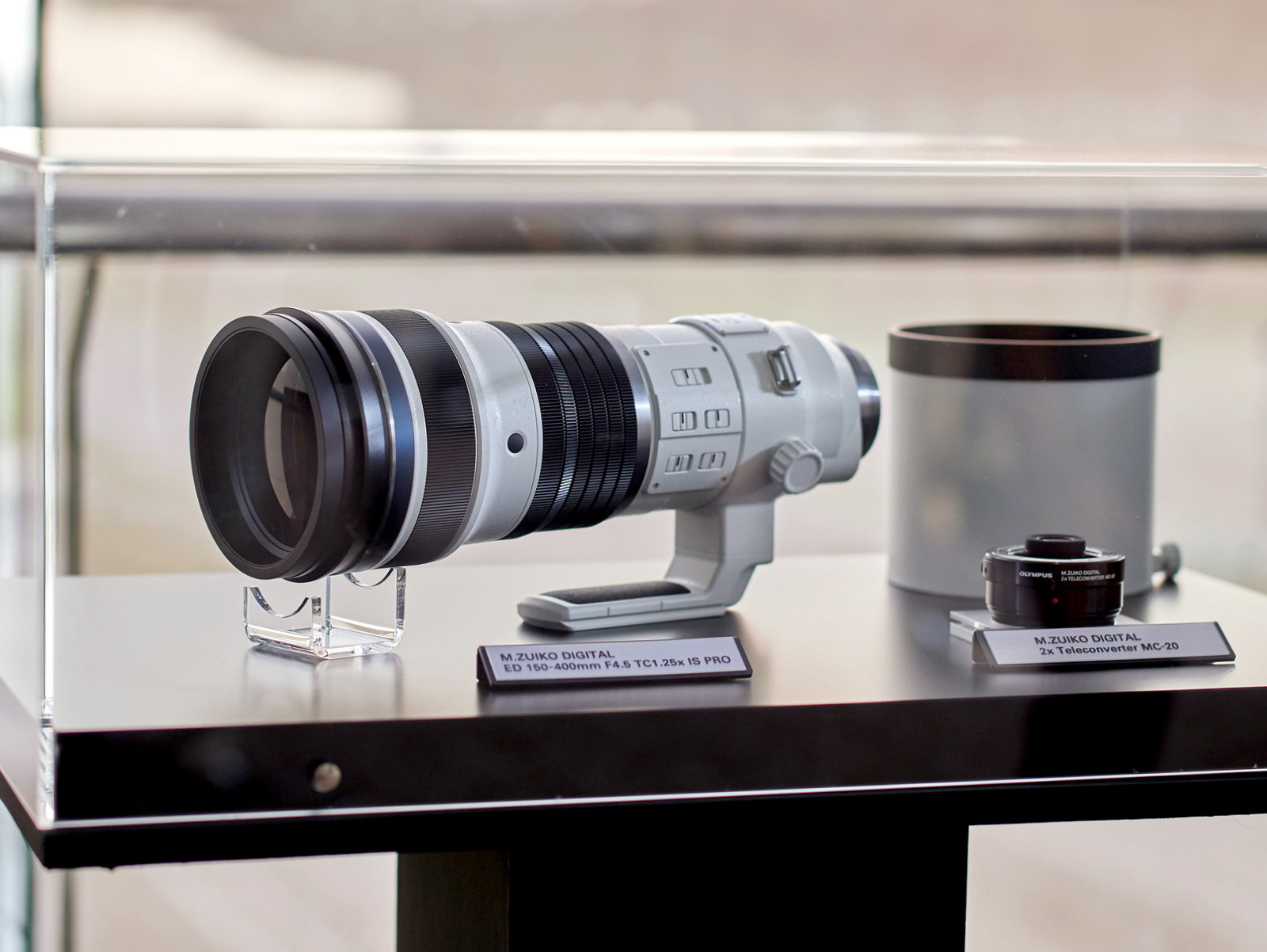Shooting True Black And White Mode on Motorola G5S Plus
Today I experienced a horror I have not since 2008, I unintentionally left the camera battery in the charging dock at home without carrying out any spares! Not letting that push my shooting enthusiasm back even the slightest, I whipped out the ever-ready budget friendly entry level smartphone, Motorola G5S Plus that I have grown to like so much and decided to do something with it on the street with my friends today. You see, the cool thing about the dual camera module setup of the Moto G5S Plus is that one of the cameras has a true black and white (monochrome) image sensor, stripping off the traditional RGB filters. Having a "true B&W" mode itself is an exciting feature for a photographer like myself who does love black and white photography, and I have not had the much needed nudge to test this feature out extensively. Now that my main camera was battery-less (and basically useless), I thought it would be the perfect opportunity to see what the "true B&W" mode can do.
But first let's do a blurry selfie...
But first let's do a blurry selfie...
Jo Quah staring at me shaking her head in the background
I did not really have anything particular in mind and I was not doing a review, so this was just a casual outing with trigger happy snapshots. I pointed the smartphone camera at anything that I found interesting and joyfully clicked the shutter away. There is something about stripping all the colors away and have everything fade into shades of grey that makes street photography more thrilling, you get to see things differently. The vision focuses more onto the subjects rather than processing on unnecessary distractions that are caused by colors throughout the frame. While I shoot dominantly in color for my own work (as shown on this blog) I do sometimes convert my shots to black and white. I rarely just turn on the black and white mode and do a full series of monochromatic shots.
Since the camera has a true black and white image sensor, by theory it should produce images that are superior in resolution and tonality. I expected the images to be crisp and full of fine, beautiful details. I anticipated the gradation from bright to dark areas to be more gentle and natural looking.
While I did see the subtle advantages of implementing a full black and white sensor, having shot in only JPEG (no RAW mode available for this model) I was quite disappointed with the JPEG compression. The sharpening was badly added resulting in unnatural looking edges and the aggressive noise reduction smears any fine details, rendering the images looking like oil painting when viewing at high magnification. Of course at web-size the images look perfectly normal and we don't need to pixel-peep any of these shots but the photographer in me was extremely frustrated due to the fact that I knew very confidently the black and white camera has so much potential. The capabilities were all nerfed by one lousy JPEG engine.
Huawei did a better job with their monochrome mode in P9, P10 and any other models with monochrom eimage sensor in one of the multiple camera modules. However, these Huawei flagship/high end phones also cost significantly more and were not in the same category as the Moto G5S Plus that I am currently using, so the comparison was not a fair one.
To understand more about the "true black and white" mode, you may refer to my old blog post here (click).
Jo and Chun making an appearance! Always awesome to shoot along-side similar-minded people on the street. Shutter therapy is meant to be shared and enjoyed together.
Whoever said one selfie was enough?
The "true black and white" mode on Motorola G5S Plus was a simplistic approach that I felt could have been better in many ways. I would appreciate some sort of control instead of just being fully automatic at all times. I wish there was the ability to control the shutter speed and ISO as well white shooting in pure black and white mode, so that I can have some creative freedom in executing slow motion shots (panning, motion blur, etc). Shutter lag has always been a problem for smartphones, and I have missed some crucial moments because of my inability to time my shots precisely. The smartphone camera just reacted much slower and not instantaneously during the press of the fake touch shutter button on the touch screen.
I am also not a fan of shooting in wide angle mode, especially not for a full series of photograph. Nonetheless, I can complain on and on or I can choose to talk less and start shooting.
If you own a phone that has a black and white image sensor (in one of the dual or more camera modules) why not give it a try? Maybe you will love the outcome of the smartphone black and white mode and it is after all, a camera that you have with you at all times.

















Comments
Post a Comment